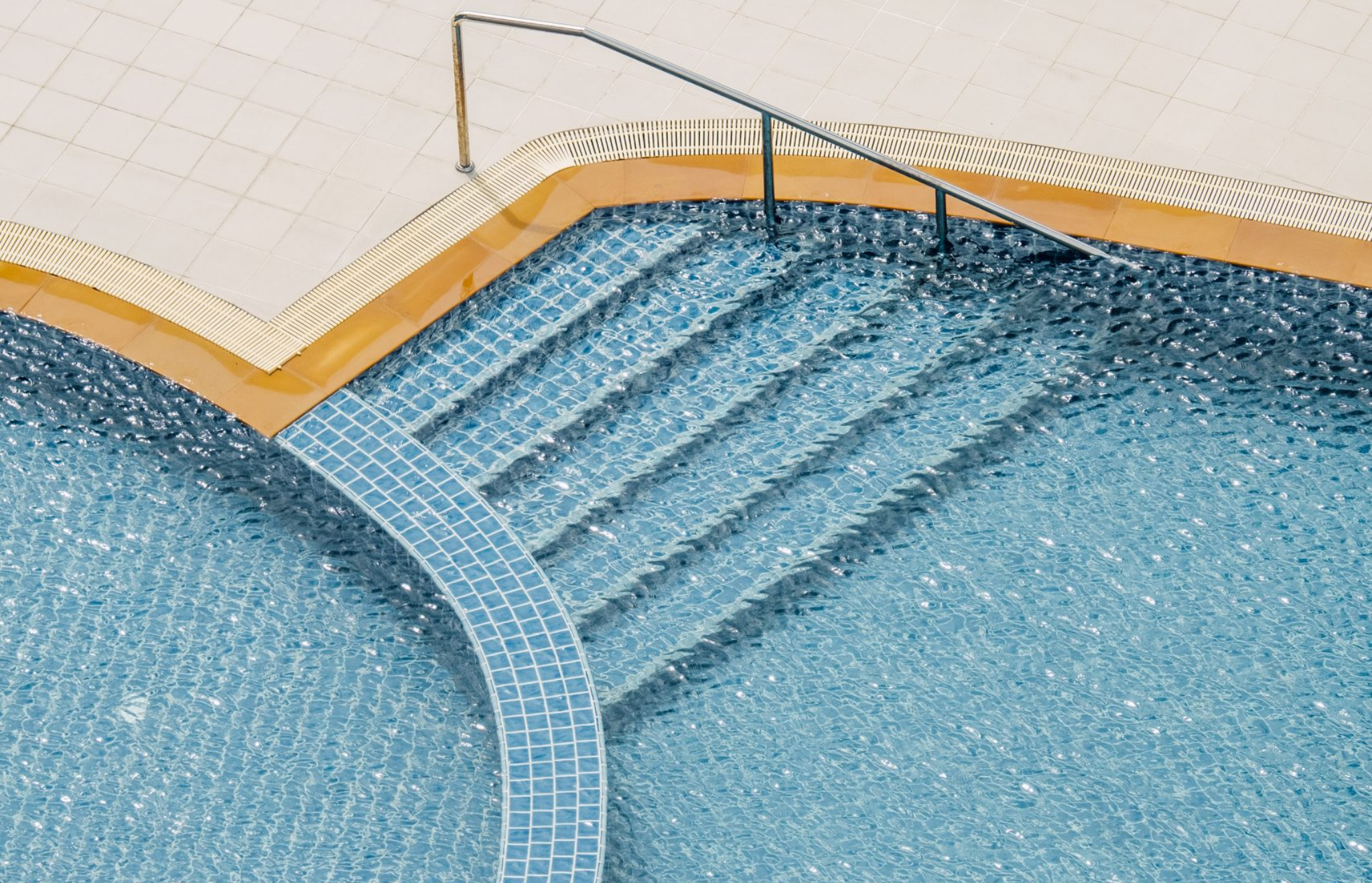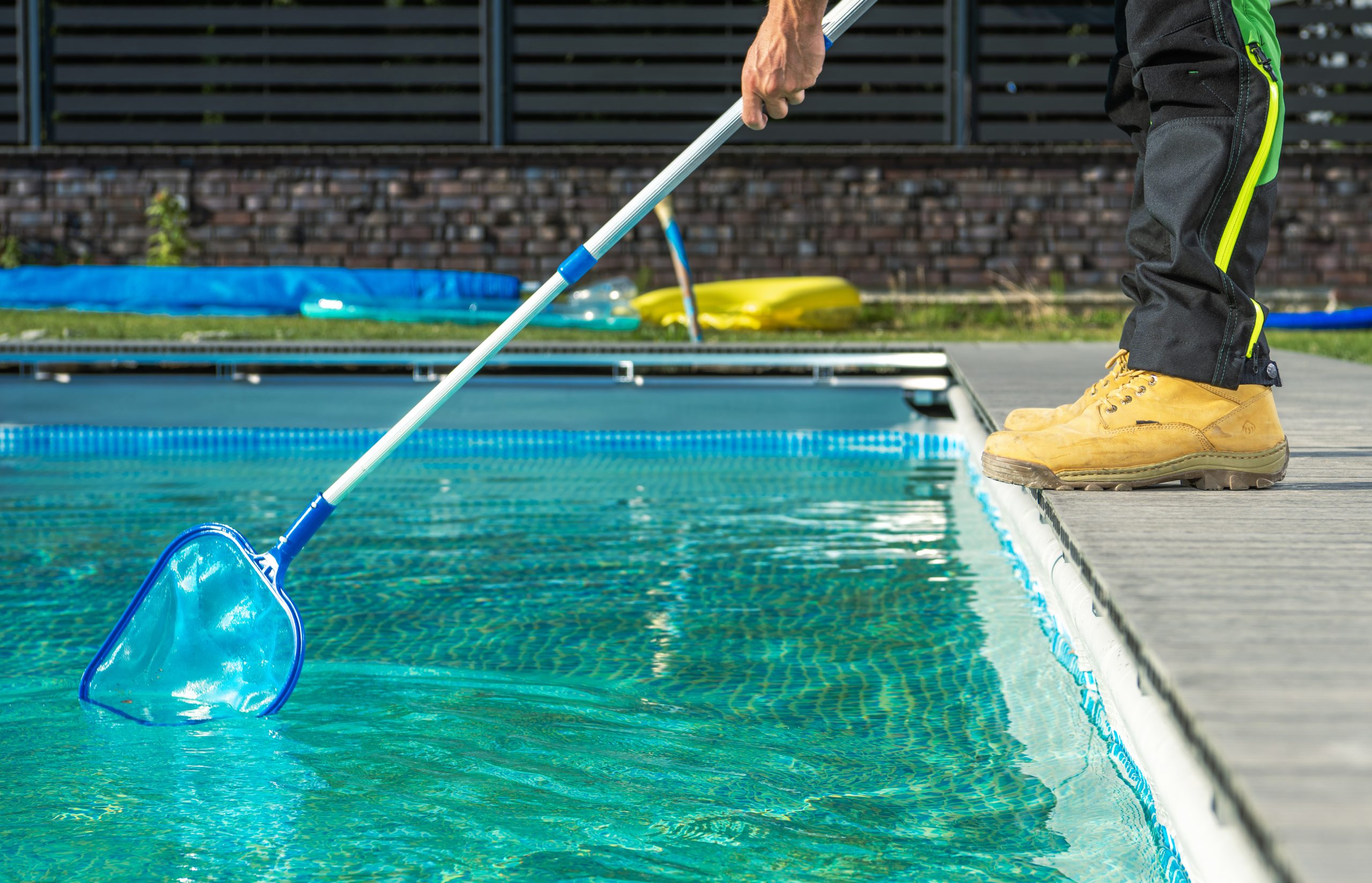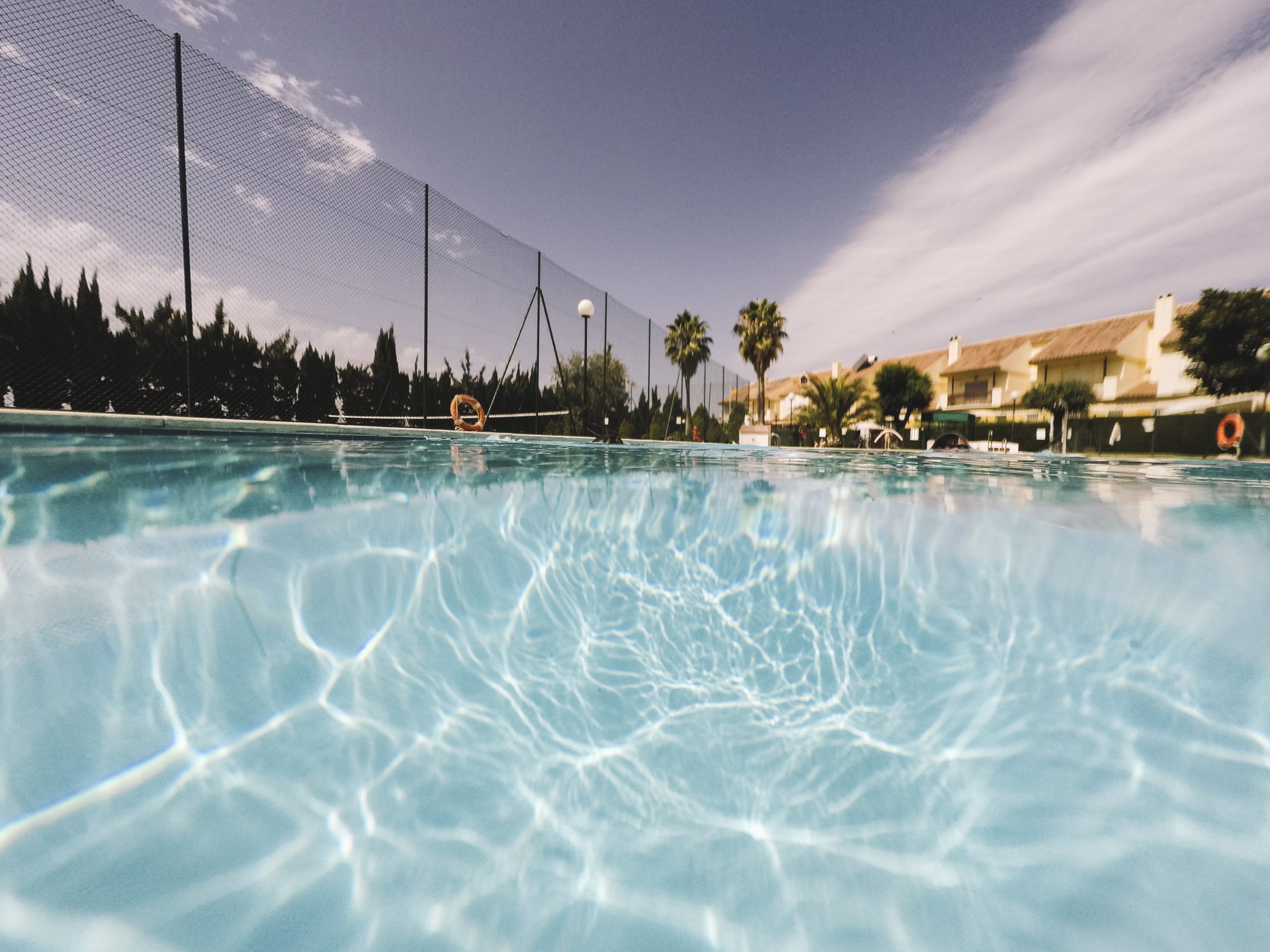A pool heater is a valuable investment that allows you to enjoy your pool year-round. However, like any other equipment, it requires proper care and maintenance to function efficiently and last as long as possible. By following these three essential tips, you can extend the lifespan of your pool heater and ensure it operates smoothly for years to come.
1. Perform regular maintenance and cleaning
Routine maintenance is crucial to keeping your pool heater in top condition. Over time, dirt, debris, and calcium buildup can affect the efficiency and performance of the heater. Here’s how to keep it clean and well-maintained:
- Inspect and clean the filter regularly to prevent clogging and restricted water flow, which can overwork the heater.
- Remove debris from the heat exchanger by gently brushing or rinsing it to prevent blockages and overheating.
- Check for scale buildup inside the heater, especially if you have hard water. Using a descaler or hiring a professional to clean it annually can prevent mineral deposits from reducing efficiency.
- Monitor for corrosion in gas heaters. If you notice rust or deterioration, consult a professional to prevent further damage.
By maintaining a regular cleaning schedule, you can avoid common issues that may shorten the heater’s lifespan.
2. Ensure proper water chemistry
Balanced water chemistry is essential for both your pool and your heater. Poor water balance can cause significant damage to the heater’s components, leading to costly repairs or premature failure. Follow these best practices:
- Maintain a pH level between 7.2 and 7.8 to prevent corrosion or scaling inside the heater.
- Keep total alkalinity between 80-120 ppm to stabilize pH levels and avoid fluctuations that can damage heater parts.
- Monitor calcium hardness and keep it within the recommended range (200-400 ppm) to prevent scale buildup in the heat exchanger.
- Avoid high chlorine levels, which can corrode internal components over time.
Regularly testing and adjusting your pool’s water chemistry will help protect your heater and ensure it runs efficiently.
3. Use a pool cover to reduce strain on the heater
A pool cover is an effective way to reduce the workload on your heater and improve its lifespan. Heating an uncovered pool requires more energy, forcing the heater to work harder and wear out faster. Using a cover provides multiple benefits:
- Minimizes heat loss, keeping the water warm for longer periods and reducing the heater’s runtime.
- Prevents debris from entering the pool, which can clog the filter and affect heater performance.
- Reduces evaporation, conserving water and chemical levels while decreasing the frequency of refilling and rebalancing the pool.
Investing in a high-quality pool cover, especially during colder months, will not only save energy but also extend the life of your heater.



